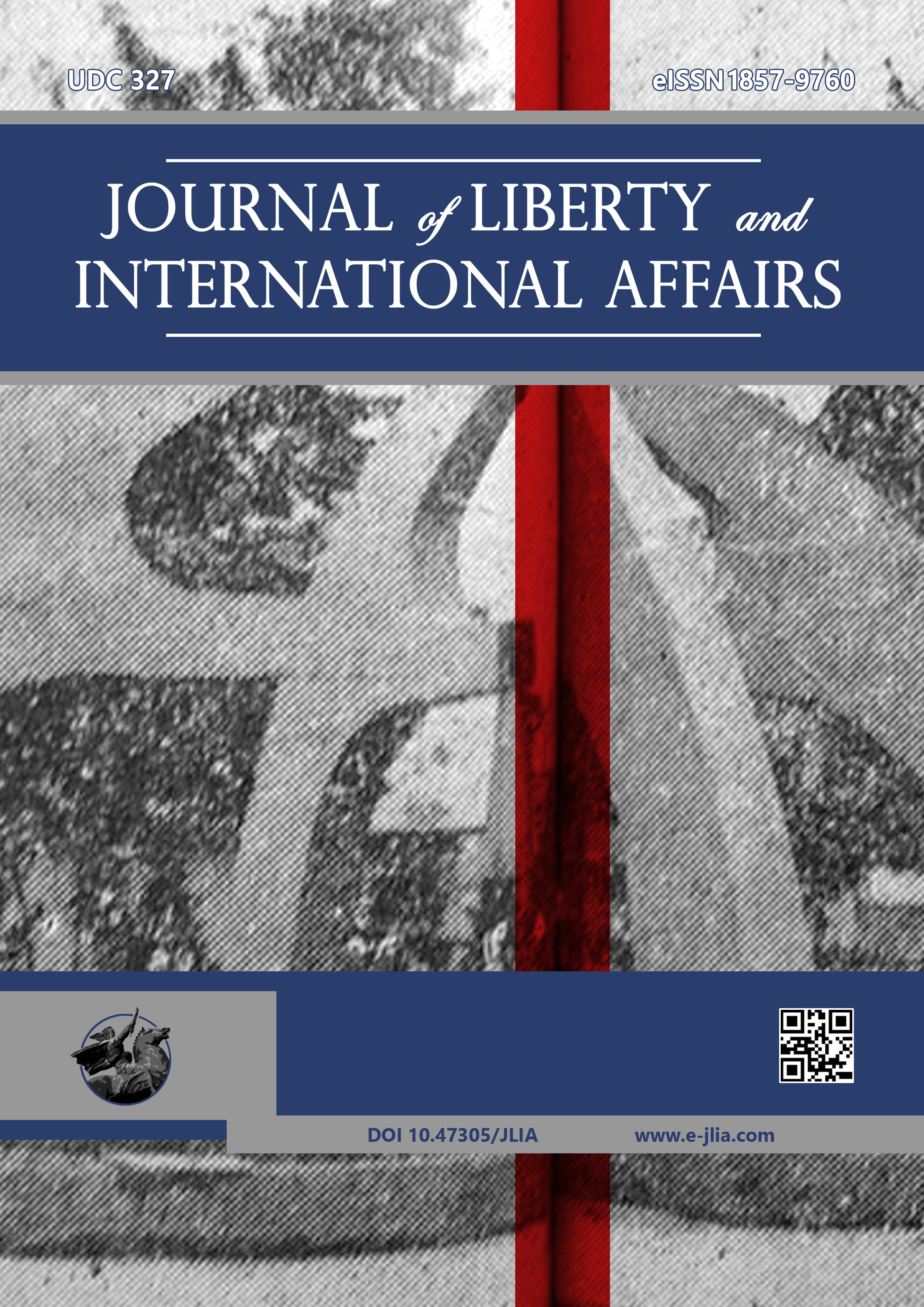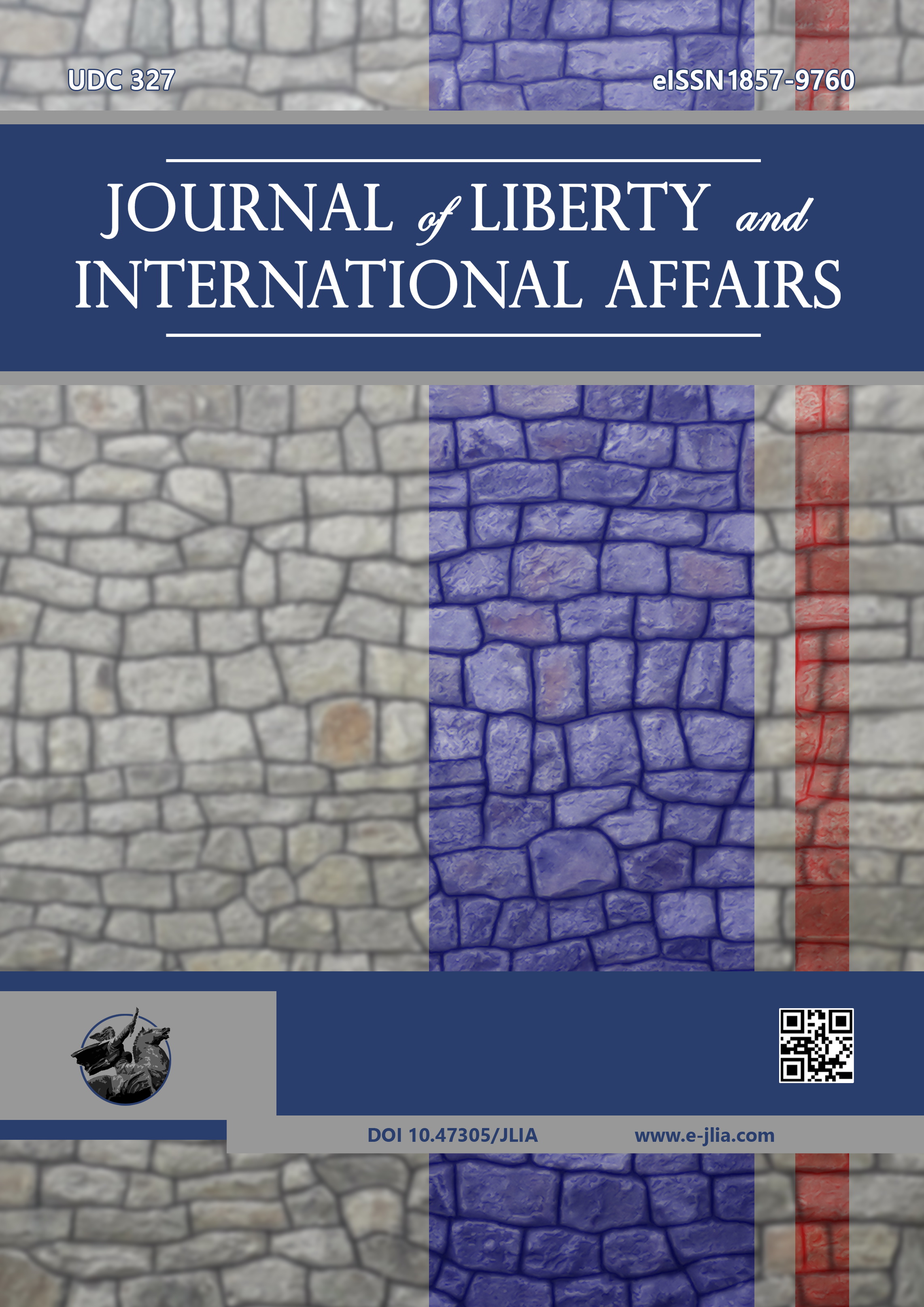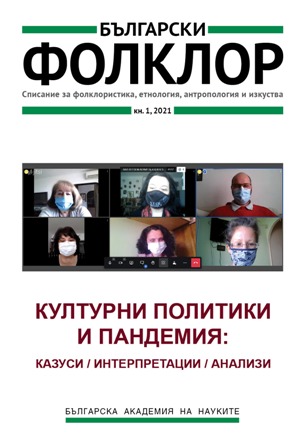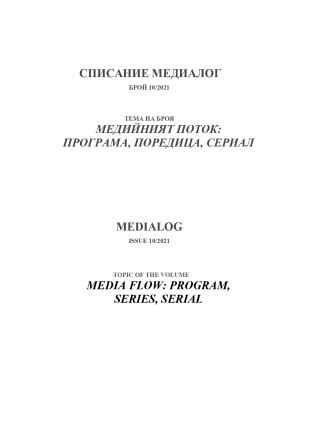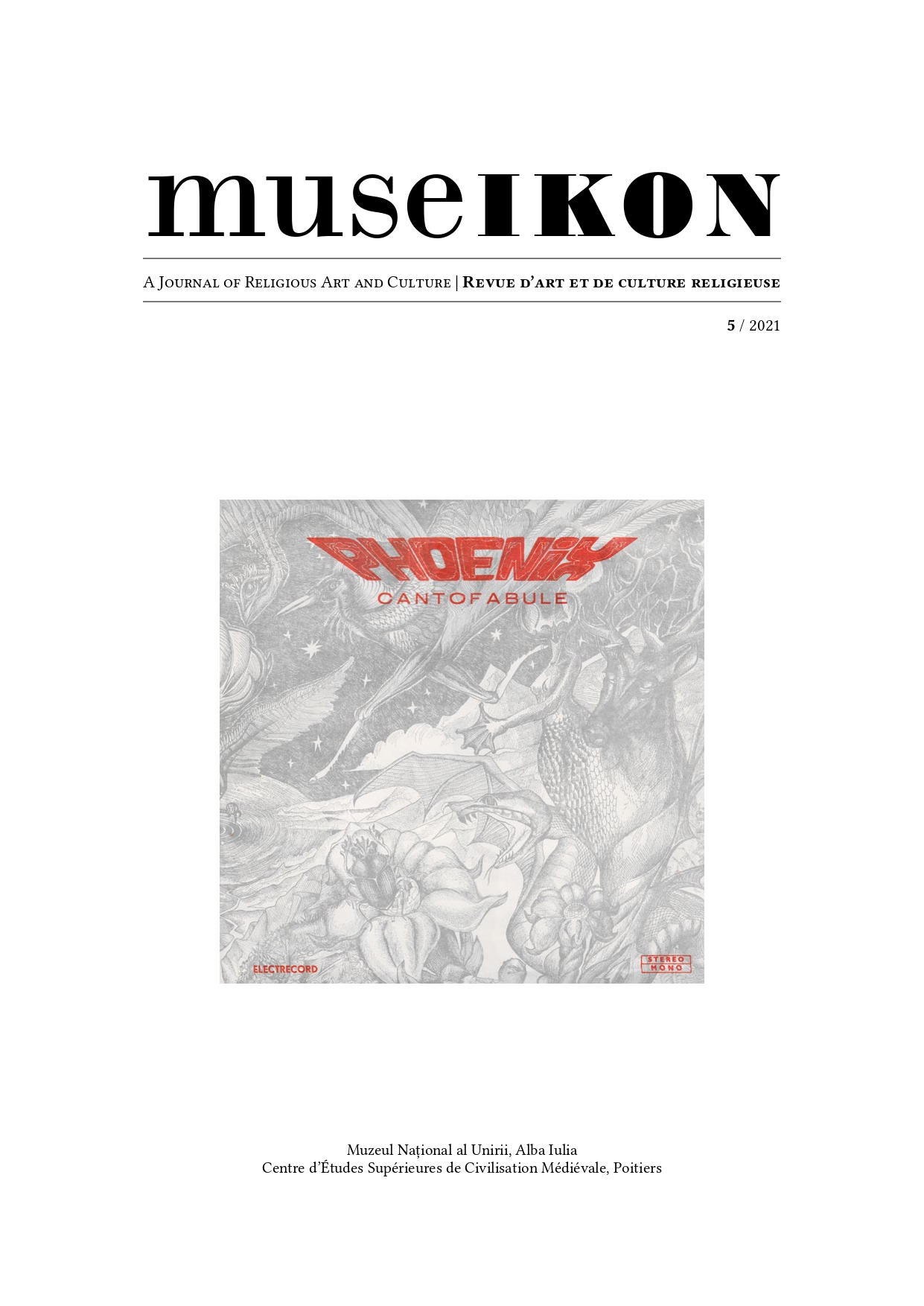
EVOLUTIONARY POSSIBILITIES OF DEMOCRATIZATION AND ATAVISTIC NATIONALISM: A COMPARATIVE STUDY OF UNRECOGNIZED STATES
The question of how rising atavistic nationalism will affect democracies worldwide is an essential one of our time. In this paper, I focus instead on conducting a comparative historical analysis of atavistic nationalism in two unrecognized states: North Cyprus and Taiwan. I argue that the democratic crisis of our times is, in its essence, economic and has been precipitated by the failure of democracies to build domestic capacities to support democratic values. Furthermore, I posit that engaging populaces at the local political level will prove essential to preserving democracies around the world. I conclude by underlining that atavistic nationalism is indeed a significant threat to regional and global peace and requires further co-operation on trade and governance, and should be engaged at the local level. Lastly, I suggest that co-creating local cultures that will act to soften atavistic nationalism, which feeds off the perception of threats and fear.
More...
